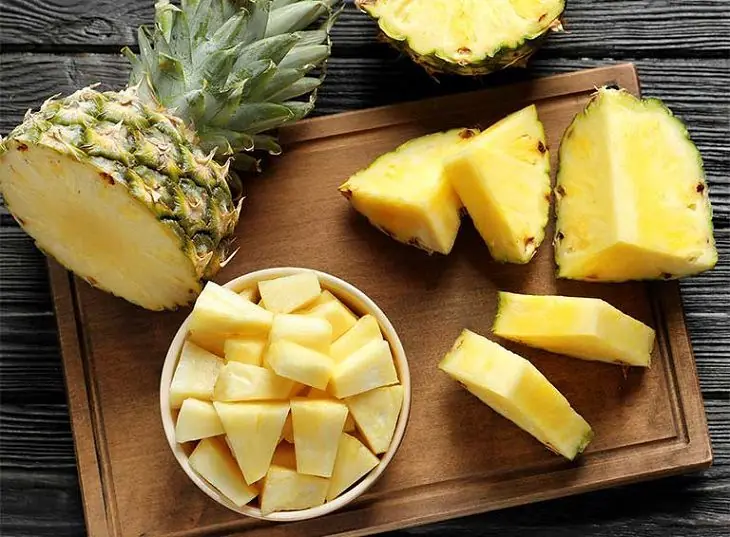
People who should avoid eating carrots
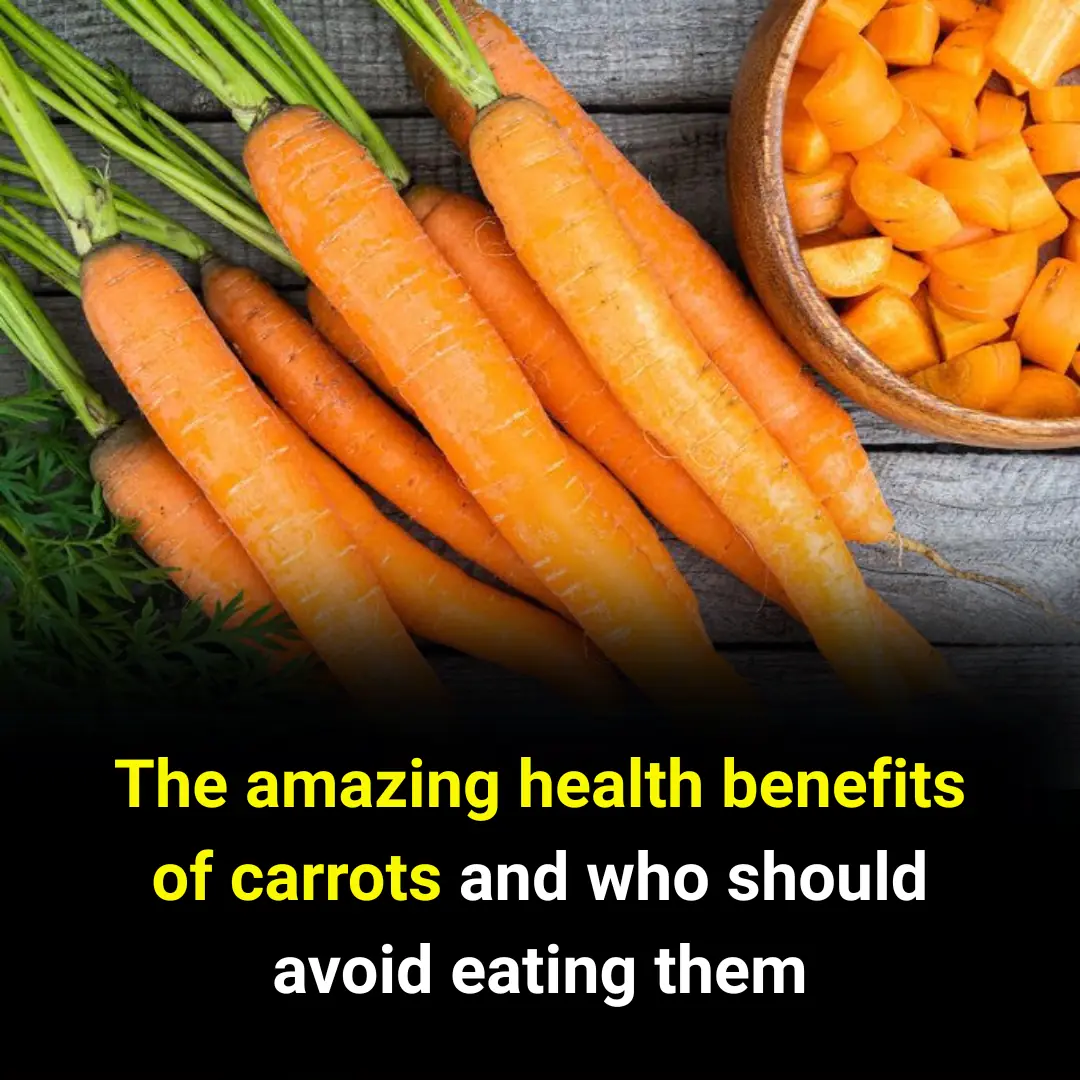
Nutritional Value of Carrots
Carrots were first cultivated in Afghanistan around 900 AD. While the orange variety is the most commonly known, carrots also come in other colors like purple, yellow, red, and white. The taste of carrots can vary depending on their color, size, and where they are grown, offering a slightly sweet flavor, though sometimes with earthy or mildly bitter undertones.
A half-cup serving of carrots contains:
-
25 calories
-
6 grams of carbohydrates
-
2 grams of fiber
-
3 grams of sugar
-
0.5 grams of protein
Carrots are a rich source of important vitamins and minerals. Based on daily nutritional needs, half a cup of carrots can provide up to:
-
73% of the daily requirement for Vitamin A
-
9% of Vitamin K
-
8% of potassium and fiber
-
5% of Vitamin C
-
2% of calcium and iron
The Health Benefits of Eating Carrots the Right Way
Now that you know the nutrients in carrots, it’s clear that incorporating them into your daily diet is beneficial. But let’s delve deeper into the health benefits of carrots and why eating them the right way can make a difference.
1. Benefits from Vitamin A in Carrots
Carrots are one of the top foods rich in Vitamin A. The Vitamin A in carrots, along with beta-carotene, helps to:
-
Protect the eyes from sunlight and reduce the risk of eye issues such as cataracts and age-related macular degeneration. Studies have shown that high blood levels of beta-carotene can reduce the risk of macular degeneration by up to 25%.
-
Rhodopsin, a molecule formed when retinal combines with the protein opsin, is essential for night vision and color vision. It also helps protect the cornea and conjunctiva.
-
Vitamin A is vital for skin cell formation, preventing dry and cracked skin. Retinol, a derivative of Vitamin A, also stimulates collagen production, reducing wrinkles.
-
Carotenoids, a precursor of Vitamin A, help fight various cancers. Retinoids have been shown to inhibit the growth of cancer cells, including ovarian, breast, bladder, and other cancers.
-
Vitamin A is also essential for reproductive health, as it is necessary for sperm and egg development, as well as for fetal growth and placental development.
-
Carotenoids are also potent antioxidants that aid in immune cell production, enhancing the body’s immunity.
2. Benefits of Vitamin C in Carrots
Vitamin C in carrots is another antioxidant that offers several health benefits, such as:
-
Boosting the immune system and increasing resistance, stimulating collagen production to help wounds heal faster and promoting healthy skin.
-
Vitamin C in carrots improves iron absorption in the body.
-
It is beneficial for mood regulation, reducing stress, and lowering the risk of memory loss.
-
Research shows that individuals with higher levels of Vitamin C in their blood have up to 50% lower risk of stroke.
-
Vitamin C helps fight free radicals, lowers cholesterol levels in the blood, and prevents hypertension, cardiovascular disease, and even cancer.
-
Combined with Vitamin E, beta-carotene, and zinc in carrots, it helps reduce the risk of macular degeneration.
3. Benefits of Vitamin K in Carrots
In addition to the vitamins mentioned, carrots also contain Vitamin K. This vitamin plays a vital role in:
-
Stabilizing calcium levels in the bones, helping to prevent and reduce the risk of osteoporosis and bone degeneration.
-
Preventing arteriosclerosis by removing calcium from the blood, thus reducing the formation of plaque in the arteries.
-
Vitamin K is also a natural remedy for cancer, including prostate, colon, stomach, and throat cancers.
-
It aids in blood clotting, promoting quicker healing of wounds.
Other Nutritional Benefits of Carrots
Carrots have an incredibly rich nutritional profile. They are not only high in vitamins but also in antioxidants, amino acids, and minerals. Eating carrots correctly can bring many more health benefits, such as:
-
Lutein in carrots helps prevent age-related macular degeneration and is excellent for eye health.
-
Carotenoids in carrots, along with anthocyanins in red and purple carrots, can help prevent cancer.
-
One carrot provides about 4% of the daily potassium requirement, which helps reduce the risk of hypertension and cardiovascular issues.
-
The fiber in carrots promotes healthy digestion, reduces the risk of constipation, and aids in weight loss.
-
Carrots are a good source of lycopene, which helps prevent heart disease.
-
With a low glycemic index (about 39 GI), carrots are an ideal food for people with diabetes.
Ri.sks of Overconsumption of Carrots
While carrots are great for health, consuming too much beta-carotene can cause your skin to turn yellow or orange. This condition, known as caroteneemia, is generally harmless and can be treated. However, in severe cases, it can interfere with the function of Vitamin A, affecting vision, bones, skin, metabolism, or the immune system.
Excess beta-carotene may also pose issues for people with Vitamin A metabolism disorders, such as hypothyroidism.
Some people may be allergic to compounds in carrots. If you experience symptoms like hives, swelling, or difficulty breathing after eating carrots, seek medical attention immediately. In severe cases, this can lead to anaphylactic shock – a rapidly progressing and life-threatening reaction. People with a history of carrot allergies should carefully check the ingredients in smoothies, vegetable soups, and other food products before consumption.
People Who Should Avoid Eating Carrots
While carrots are beneficial for health, they are not suitable for everyone. Below are three groups of people who are advised to limit or avoid carrots:
1. People with Jaundice: Carrots contain a large amount of beta-carotene, a substance responsible for the yellow or orange color in carrots and some other vegetables. For individuals with jaundice, consuming large amounts of beta-carotene can cause the substance to accumulate in the body, intensifying the yellow tint in the skin and mucous membranes. While this does not cause any serious health issues, consuming excessive beta-carotene can make the yellowing more pronounced for those with jaundice.
2. People with Diabetes: Carrots contain a significant amount of natural sugars. For people with diabetes, it is crucial to control their sugar intake. However, calculating sugar from natural sources like carrots can be tricky and may lead to overconsumption. Therefore, people with diabetes are advised to limit their carrot intake to avoid a sudden spike in blood sugar levels.
3. People with Frequent Constipation: Although carrots are rich in fiber, the type of fiber they contain is insoluble fiber, which can cause blockages in the intestines if consumed in excess without adequate water intake. This may lead to constipation.
While carrots are an excellent food with many health benefits, it is essential to consider and adjust their consumption according to individual health conditions. Always consult a doctor or nutritionist before making significant changes to your diet.
News in the same category


People who should not eat eggs

3 Warning Signs of Severe Headache that Might Save You from Cerebrovascular Disease

6 common signs one month before a heart attack
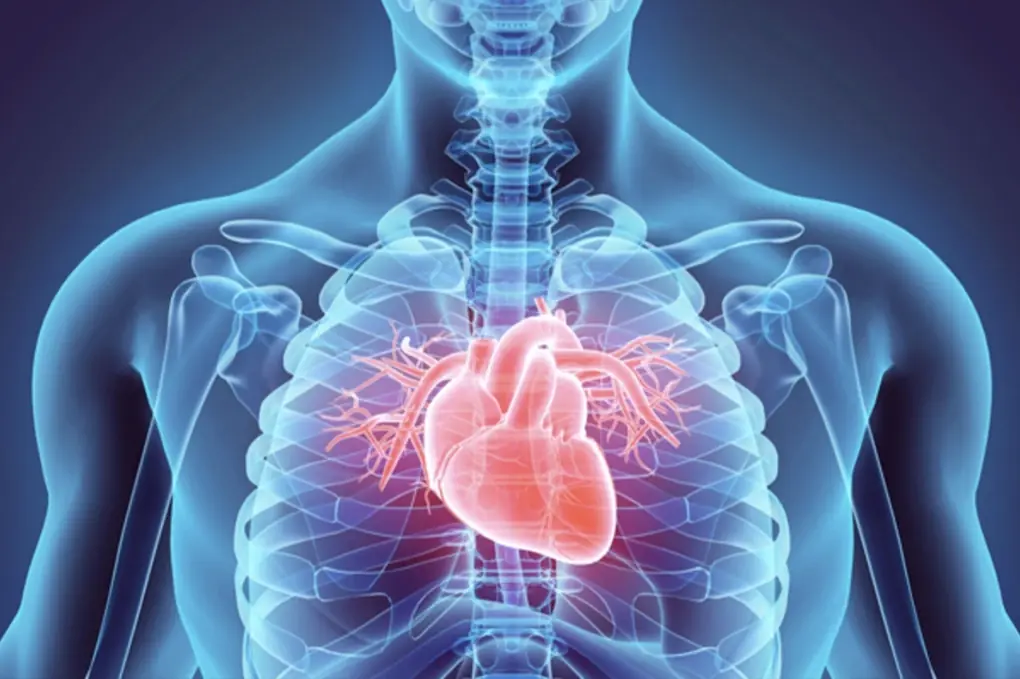
Diseases that can cause sudden de.a.th

Who is susceptible to varicose veins?

Tumor Disappears After 4 Months of Persistence: Even Doctors Were Amazed

2 Bitter Vegetables to Avoid Immediately, Clean Cutting Board and Knife Thoroughly

Simple signs to immediately recognize leukemia that you may never notice

5 foods you shouldn't eat in the morning

8 wa.rning signs your stomach dis.ease may have reached a severe stage

The hidden dan.gers of con.taminated pork

Most women who are susceptible to serious illnesses share these four habits
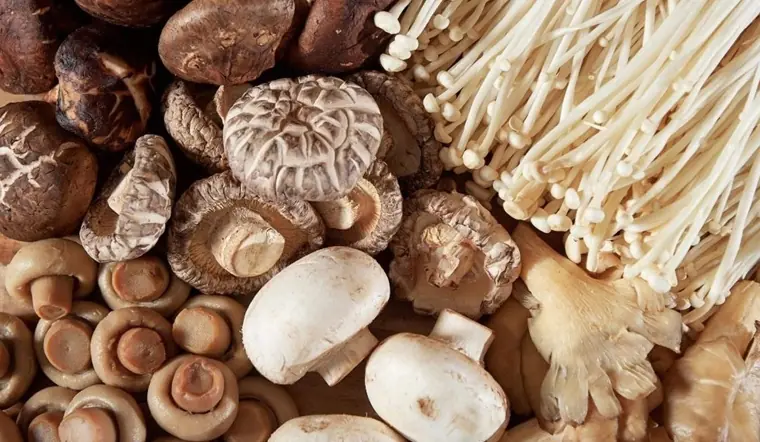
5 immune-boosting foods you should include in your daily diet
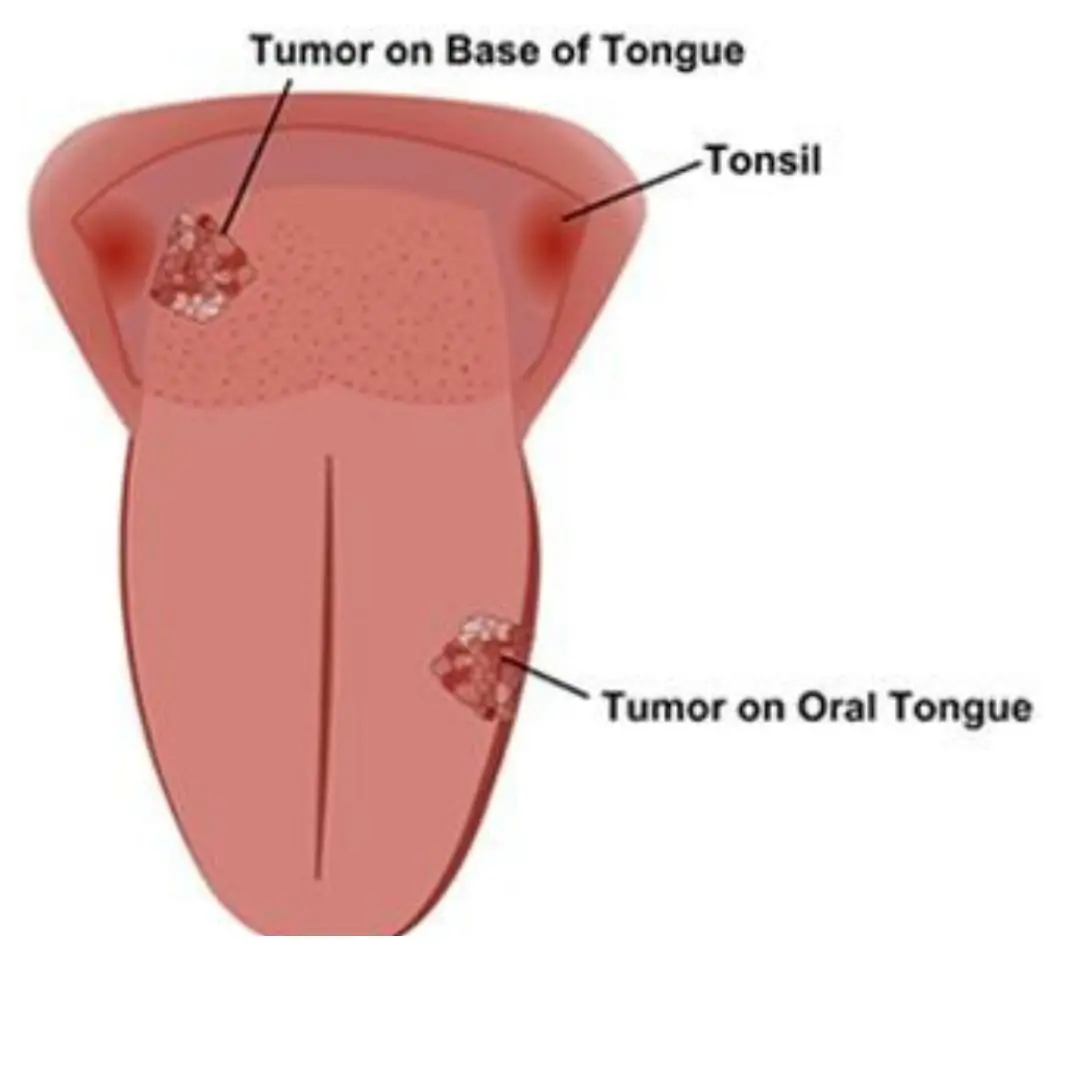
6 warning signs of late stage tongue c.a.ncer

6 silent symptoms warning of gallbladder c.a.ncer

Can:cer can 'emit' these 2 signs at night, everyone should know to be alert

3 digestive can.cers can be cured if detected early

Why should women not sit with their legs crossed?
News Post

How to Grow Carrots at Home in Containers Starting with a Single Carrot

Turn a small corner of your house into a mini chili garden – both beautiful and useful!

Why hotels prefer white bed linens?

How to clean towels easily and economically

The amazing health benefits of pineapple and who should avoid it

Cancer May "Emit" These 2 Signs at Night – Everyone Should Know to Stay Alert

The effect of insert a pair of scis.sors into the rice bin

People who should not eat eggs

Tips to cook delicious rice without worrying about it going bad

3 Warning Signs of Severe Headache that Might Save You from Cerebrovascular Disease

6 common signs one month before a heart attack

Diseases that can cause sudden de.a.th

Who is susceptible to varicose veins?

Turns Out This Humble Fish Beats It — and Helps Lower Blo.od Fat and Blood Pressure

Man Jail.ed for Dr.ug Trafficking After Selling Late Wife’s Painkil.lers

Tumor Disappears After 4 Months of Persistence: Even Doctors Were Amazed

2 Bitter Vegetables to Avoid Immediately, Clean Cutting Board and Knife Thoroughly

12 Homemade fertilizers for plants easy to find at home

The circle on the lid of a soft drink can, 99% of people do not know the function
